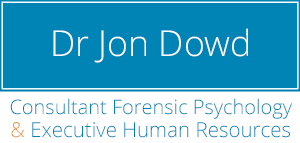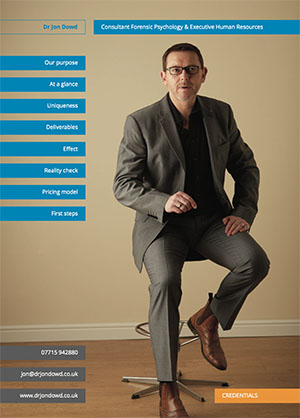Gut instinct - good or bad?
Wednesday, August 24, 2016

Intuition in business is vital and many truly great people swear by it.
Intuition is basically a moment of clarity which stems from ‘non-conscious’ thought. It’s not a feeling that comes from nowhere… it’s a feeling that comes from something you’ve previously learnt and are now accessing due to its situational relevance. Police officers use it all the time and proudly call it their gut instinct - but it is, in fact, years of knowledge being subconsciously sourced. Intuition delivers a quick, considered, instinctive judgment call; intuition lacks analysis, critique and discussion; yet it’s just as likely to be a good decision because it basically comes from the same place… you.
“Intuition is a very powerful thing, more powerful than intellect in my opinion.” Steve Jobs
“I’m often wrong, but my batting record is good enough that I keep swinging every time the ball is thrown.” Bill Gates
Two great businessmen with very different opinions on the worthwhile nature of intuition. Both men would sometimes have acted on instinct, both men would sometimes have been wrong. Yet we still keep using our intuition because of batting averages as Gates explains.
Room for error
“Intuition is a decision arrived at without conscious analytical effort. It’s pre-programmed by experience.” Jon Moulton, founder of Better Capital
In every decision we make, there’s always room for error simply because we’re fallible. Whether a decision is made through conscious or subconscious thought, the error rate will be very similar. A decision is a decision, whether contemplated or instinctive - and it can be wrong either way.
If your decision relates to whether the chicken or the beef in the canteen will be better today… the consequences of getting it wrong are not disastrous. If your decision relates to who you should hire to look after your company… or your children… or your finances… then the stakes are higher.
If we accept that a decision is a decision and whether it’s instinctive or not relates purely to the speed at which that decision is made; then we suddenly realise that the time, commitment and expertise given to making that decision should increase proportionately in line with the consequences of getting it wrong.
“Jon Moulton uses intuition, he says, in critical negotiations and first meetings, where it saves a lot of time. ‘In the kind of business I’m in, we see a lot of fraudsters. It’s remarkable how often that thought seems to cross my mind before I’ve seen evidence of it. It’s me sitting there and thinking, “hang on, he’s a crook”. The thought appears in my brain… it’s something to do with experience and spotting things out of a pattern’.” Management Today (2012). “Relying on Intuition: should you always trust your gut feelings?”
Jon Moulton sounds like an incredibly smart guy to me. He recognises the usefulness and the limitations of intuition, by recognising the psychology behind it. And he goes on to say that he doesn’t use ‘gut instinct’ for really important decisions.
The main ethos behind Dr Jon Dowd Ltd is the same as Jon Moulton’s.
Gut instinct serves us well… until it doesn’t.
And because we simply can’t predict when that error in judgement might occur, we have to be mindful of the basic psychology principle of ‘behaviour and consequence’.
Dr Jon Dowd Ltd can limit the margin for error by taking your ‘gut instinct’ and applying an additional level of security.
This doesn’t undermine your decision, it supports.
It strengthens.
And it delivers peace of mind.
For total peace of mind, drop Jon a line.








0 comments